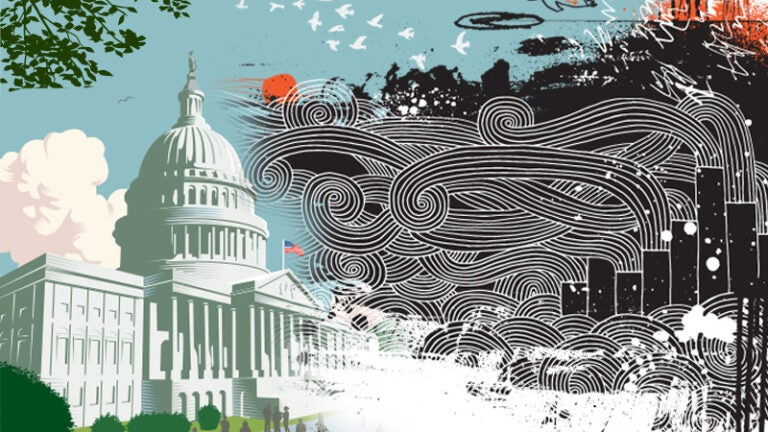
Q&A: Robert Shrum on the politics of climate change
Earlier this week, the Intergovernmental Panel on Climate Change (IPCC), the world’s leading scientific authority on climate change, released a report indicating that the world has a dozen years left to keep global warming at manageable levels. The IPCC acknowledged that while it is still possible to reach that goal, doing so “would require rapid, far-reaching and unprecedented changes in all aspects of society.” That means making tough and forward-looking political decisions. Robert Shrum, director of USC Dornsife’s Center for the Political Future, answers questions on how to meet the challenge.
How should politicians who endorse action to prevent climate change persuade skeptical voters that it’s an urgent issue?
Those who care about climate change have to convince voters not only that it is real, but that there won’t be an adverse economic impact on their lives if we take action against climate change. It is possible to show that tackling the climate problem can actually create more jobs and more prosperity. Alongside that, there has to be a believable plan to help workers in older, climate-hostile industries transition to jobs in a new economy.
Those who want to take action have to penetrate and dispel the mythologies that climate deniers traffic in. In other words, people have to be convinced that there is a scientific consensus and that there’s no choice but to trust scientists.
President Donald Trump’s administration is dismantling regulations meant to prevent additional climate change and is threatening to withdraw from the Paris Agreement, the global pact to limit climate change. How can that be changed?
I think that events rather than arguments are more likely to bring GOP leaders to the point where they’re prepared to take action. As more of the impacts of climate change are felt — from the forest fires that ravaged so much of California to the storms that have assaulted the East Coast and Texas — popular pressure to contain climate change will mount. The argument that the problem isn’t man-made will seem less credible. And in any event, people may decide that it is certainly worth betting on the proposition that what’s happening to the climate is due to human activity and therefore we have to respond.
Unfortunately, by the time events move the politics, it may be too late to avert many of the most dangerous effects of a warming climate. Finally, reversing Citizen’s United could reduce the special interest influences that reward the GOP for opposing agreements like the Paris Accords.